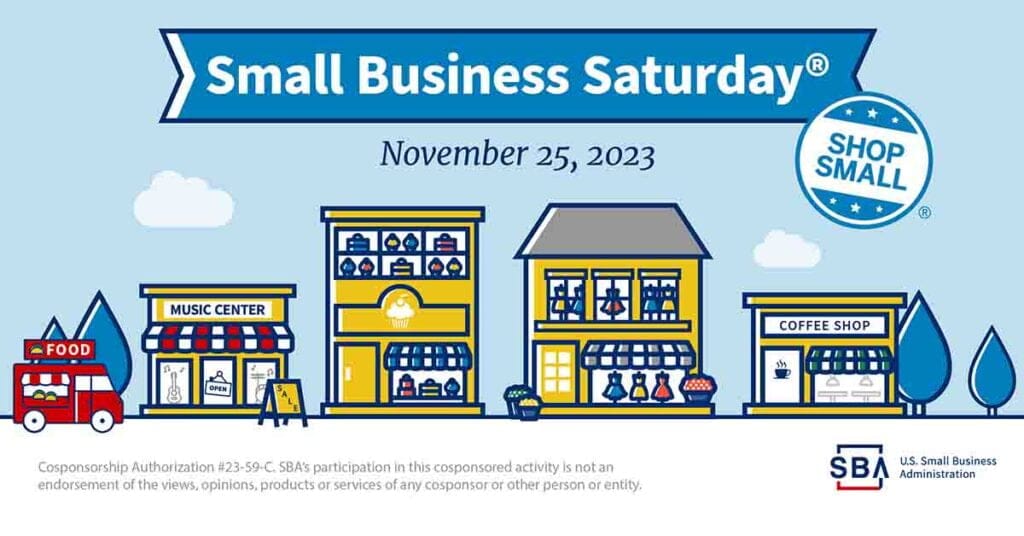Business success depends on collective wisdom.
A few years ago, I received a phone call from a small-business banker. He explained how a client of his recently acquired the business he worked at for 10 years. His client, who we will call Joe, has since depleted a bank loan, maxed out his personal credit cards, and just left the banker's office after asking to borrow additional funds. The banker provided Joe with my contact information to see if there was anything the Indiana Small Business Development Center could do.
Joe called shortly after, worried about his business and looming personal bankruptcy. I met Joe and his wife at their office, an advanced manufacturing facility where Joe and his team built and repaired custom racecar parts that needed to be back to customers overnight. Joe ran the shop and his wife managed the books.
When we first sat down, Joe explained how the business ran smoothly under the old owner even though the previous owner did little in the way of marketing. So, when Joe took over, his focus was on developing new sales leads and growing operations. During the first few months of ownership, Joe used his contacts and met new potential customers and started producing new sales.
What Joe didn't realize was his marketing efforts worked so well, he was bankrupting himself. With every new work order came the requirement for more inventory and, in some cases, new supplies. Joe would charge his customers appropriately for his operational expenses, but on 45-day terms. In other words, with every new job, Joe's company had to float a new 45-day inventory cost. The best thing Joe could do was to stop marketing until he received some of his outstanding accounts receivables and improved his cash flow.
Joe's case is not uncommon. Today, his business is flourishing, but what would have happened if he never asked for help?
With a new year comes new year's resolutions. Most small-business owners select business resolutions the same way we select personal resolutions. We have a vision of who we want to be and we start identifying what needs to change to get there. Then, we act on our findings. This adherent methodology has been ingrained in us since elementary school. It works great when dealing with clear problems with one solution, but thinking this way when dealing with issues as complex as personal or business visioning is extremely dangerous.
Joe wanted to grow his business. So, his business resolution was to focus on increasing sales. Consequently, he almost bankrupted his business and himself. Why did it take a conversation with an ISBDC business advisor for Joe to finally see the mess he was creating? It's the same reason why 49 percent of businesses fail in the first five years. Instinctively, we identify business strategies and answer complex business problems by quickly searching for solutions and implementing tactics. This focused approach toward problem-solving works great, so long as the correct solution is identified.
Small-business researchers point to a myriad of reasons, including a lack of experience, competition, low sales, personal use of business funds, over-investment in fixed assets, insufficient capital and unexpected growth. The answer you never see, though, despite its validity, is a business goes under due to the owner diligently spending his or her time sustaining and growing a business while focusing on unproductive or ineffective solutions.
How can you make sure you are focused on the right solutions? Business owners who develop strategies and solve complex problems with the help of others can draw on the knowledge and perspectives they do not have themselves. Making complex decisions alone paralyzes one to the limitations of one's own wisdom. If you really want to grow your business, develop an advisory board, tap into your local mentorship and business consulting organization, and bring in some trusted employees and colleagues into your decision-making process.
Jacob Schpok is the state director for the Indiana Small Business Development Center Network (ISBDC).



